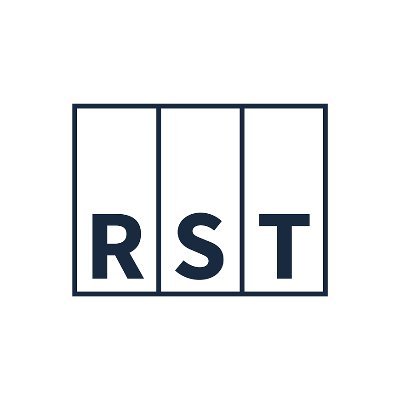This is an official AdminJS adapter which integrates Prisma into AdminJS.
-
yarn:
yarn add @adminjs/prisma -
npm:
npm install @adminjs/prisma
The plugin can be registered using standard AdminJS.registerAdapter method.
import { Database, Resource } from '@adminjs/prisma'
import AdminJS from 'adminjs'
AdminJS.registerAdapter({ Database, Resource })Whole code can be found in example-app directory in the repository.
import express from 'express'
import AdminJS from 'adminjs'
import AdminJSExpress from '@adminjs/express'
import { Database, Resource, getModelByName } from '@adminjs/prisma'
import { PrismaClient } from '@prisma/client'
import { DMMFClass } from '@prisma/client/runtime'
const PORT = process.env.port || 3000
const prisma = new PrismaClient()
AdminJS.registerAdapter({ Database, Resource })
const run = async () => {
const app = express()
const admin = new AdminJS({
resources: [{
resource: { model: getModelByName('Post'), client: prisma },
options: {},
}, {
resource: { model: getModelByName('Profile'), client: prisma },
options: {},
}, {
resource: { model: getModelByName('Publisher'), client: prisma },
options: {},
}],
})
const router = AdminJSExpress.buildRouter(admin)
app.use(admin.options.rootPath, router)
app.listen(PORT, () => {
console.log(`Example app listening at http://localhost:${PORT}`)
})
}
run()
.finally(async () => {
await prisma.$disconnect()
})If you defined a custom client output path in your Prisma's schema, for example:
generator client {
provider = "prisma-client-js"
output = "./client-prisma"
}You must:
- import your custom Prisma client
- provide it to each resource which uses that Prisma client
Example:
// other imports
import PrismaModule from '../prisma/client-prisma/index.js';
// ...
const prisma = new PrismaModule.PrismaClient();
// ...
// Notice `clientModule` per resource
const admin = new AdminJS({
resources: [{
resource: { model: getModelByName('Post', PrismaModule), client: prisma, clientModule: PrismaModule },
options: {
properties: {
someJson: { type: 'mixed', isArray: true },
'someJson.number': { type: 'number' },
'someJson.string': { type: 'string' },
'someJson.boolean': { type: 'boolean' },
'someJson.date': { type: 'datetime' },
},
},
}, {
resource: { model: getModelByName('Profile', PrismaModule), client: prisma, clientModule: PrismaModule },
options: {},
}, {
resource: { model: getModelByName('Publisher', PrismaModule), client: prisma, clientModule: PrismaModule },
options: {},
}],
});
// ...These relationships are currently not supported by default. You can manage them using custom actions and components.
Before you make a PR make sure all tests pass and your code won't cause linter errors. You can do this by running:
yarn lint
yarn test
Make sure you have an .env file with DATABASE_URL specified.
MySQL database is required. You can use the database from adminjs-example-app:
https://github.com/SoftwareBrothers/adminjs-example-app/blob/master/docker-compose.yaml#L24
$ yarn
$ yarn build # after making changes or run "yarn dev" and open a new terminal for next command
$ yarn link
$ cd example-app
$ yarn
$ npx prisma generate
$ npx prisma migrate dev
Now copy example-app/node_modules/.prisma folder into node_modules/.prisma. This is required because installing library dependencies detects a different Prisma schema in test folder.
Continue in example-app folder:
$ yarn link "@adminjs/prisma"
$ yarn build
$ yarn start
The app should start at port 3000.
AdminJS is copyrighted © 2023 rst.software. It is a free software, and may be redistributed under the terms specified in the LICENSE file.
We’re an open, friendly team that helps clients from all over the world to transform their businesses and create astonishing products.
- We are available for hire.
- If you want to work for us - check out the career page.
